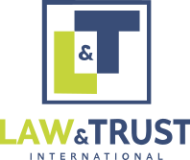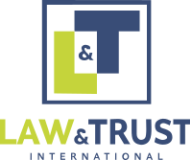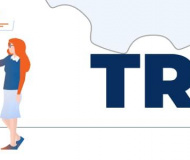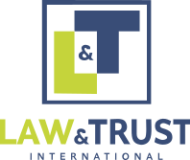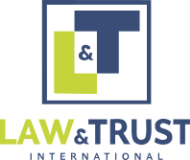Russian FTS used offshore archival information for tax purposes
News:
Date added: 22.08.2019 For the first time, the Federal Tax Service used archival information from offshore jurisdictions for additional tax payments. In particular, the tax authorities counted 52 million rubles, having received confirmation of the withdrawal of funds from abroad. This case is a precedent and in fact the last warning for companies that use offshore zones to evade taxation.
For the first time, the Federal Tax Service used archival information from offshore jurisdictions for additional tax payments. In particular, the tax authorities counted 52 million rubles, having received confirmation of the withdrawal of funds from abroad. This case is a precedent and in fact the last warning for companies that use offshore zones to evade taxation.
Who suffered first?
The Federal Tax Service has the right to request data for previous tax periods in foreign jurisdictions, and it took this opportunity for the first time. The company CJSC Extra, registered in Ivanovo, faced some problems.
The tax authorities found an account with a legal entity in one of the Estonian banks and submitted a request to the financial institution to obtain account statements for tax periods 2014-2015. Based on the information received, CJSC Extra, which owns several hypermarkets in Moscow and Moscow region, was obliged to pay 52 million rubles. Including fines and penalties, the total amount is 75 million rubles.
How did the scheme work?
Based on the decision of the arbitration court in the Ivanovo region, it became known that CJSC Extra used the gasket company through which the operations for tax evasion took place. After transferring funds to this company, there was a further transfer of funds to Estonia. The gasket was registered in Cyprus, so Extra had the right to pay dividend tax at a rate of 5% instead of 15%.
They managed to prove the CJSC Extra’s guilt with the help of the Strasbourg Convention. Russia has ratified it since 2015, so tax authorities have had the right to request information from 2016. However, the FTS filed a request specifically for 2014-2015. Consequently, government bodies have the opportunity to request information for previous tax periods, regardless of the date of ratification of the Strasbourg Convention.
Estonia is not the only jurisdiction from which Russian authorities may request information. For example, since 2012, requests may be submitted to the Cayman Islands, British Virgin Islands, etc.
If you have problems with tax authorities or offshore jurisdictions, Law&Trust offers its services. We will settle conflicts with the Federal Tax Service and represent your interests in court, if necessary. Besides, our professionals will appeal against disclosing information about the ultimate beneficiary in an offshore jurisdiction if it is unlawful.


